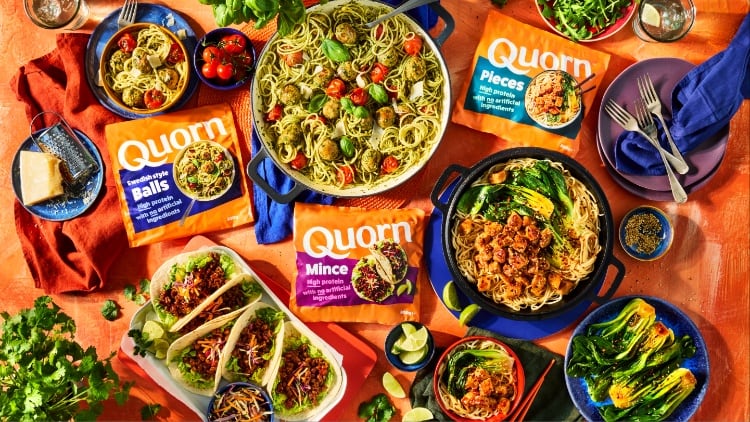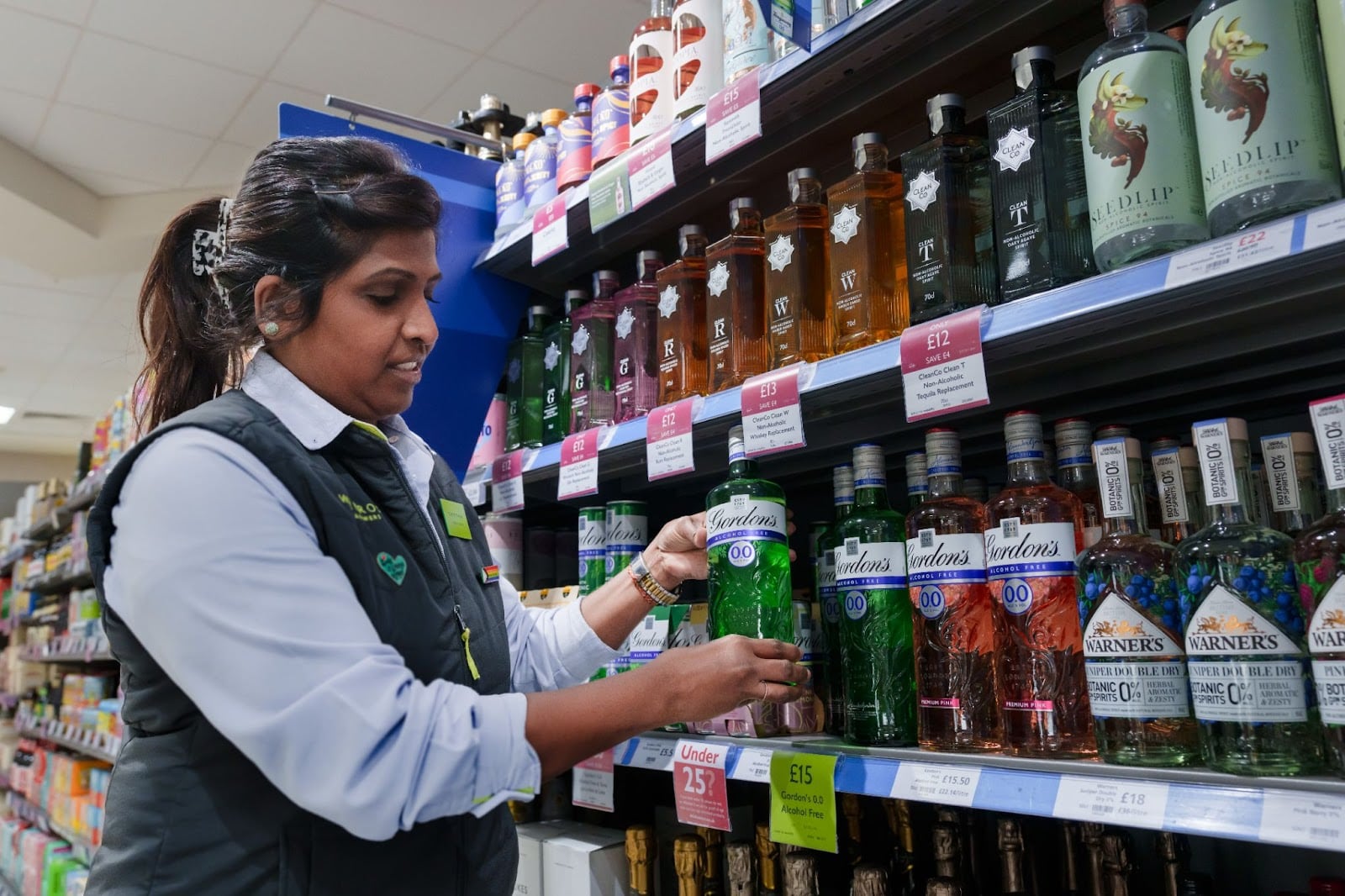The arrests came were made following an investigation by the Food Standards Agency National Food Crime Unit (NFCU) into the distribution and sale of basmati rice in counterfeit packaging.
On Wednesday 23 July, the NFCU conducted an operation in Leicester with assistance from local authorities and Leicestershire Police, which resulted in the arrest of a 48-year-old male on suspicion of fraud by misrepresentation and conspiracy to defraud. The man was released under investigation.
Then on Wednesday 30 July, NFCU officers, supported by local authorities, the Metropolitan Police and Surrey Police, visited multiple premises in London, leading to three arrests.
This included a 56-year-old male and 51-year-old female from Croydon, along with a 48-year-old male from Epsom, who were arrested on suspicion of fraud by misrepresentation and conspiracy to defraud, and later released under investigation. A 52-year-old male from London also attended a police station for a voluntary interview.
As part of the investigation, Large quantities of 10kg and 20kg bags of mixed rice in counterfeit premium brand basmati packaging were seized. Enquiries are ongoing, but there is not understood to be any threat to public health.
Neil Castle, deputy head of the FSA’s NFCU, explained that the investigation was focused on protecting consumers from food crime and pursuing those that look to profit from fraud.
“The deliberate misrepresentation of legally imported bags of mixed rice as premium basmati products defrauds consumers and creates unfair competition for legitimate businesses,” Castle said.
“This operation demonstrates the NFCU’s commitment to protecting consumers from food crime and safeguarding our food supply chain.
The arrests send a clear message that we will pursue those who seek to profit from deceiving consumers. Our teams will continue to work with partners to identify, investigate and disrupt these criminal networks, ensuring food is what it says it is.
“There is no health risk to the public, however if you have concerns about a product you have purchased, contact your local Trading Standards.”
In response to the arrests, head of technical and regulatory affairs at trade body the Rice Association, Joe Brennan, said: “It is good to see continued active official enforcement of the Basmati Code of Practice, which alongside regular industry surveys ensure that when UK consumers buy basmati rice they are getting an authentic product.”
The code sets out the physical and aroma quality requirements of basmati rice and specifies the varieties that can be considered basmati, which is verified with DNA authenticity testing by accredited laboratories. Basmati rice must be grown in India and Pakistan.
“If consumers have concerns that basmati rice is not authentic or meeting quality standards, we recommend they contact the brand owner or the Rice Association” added Brennan.





